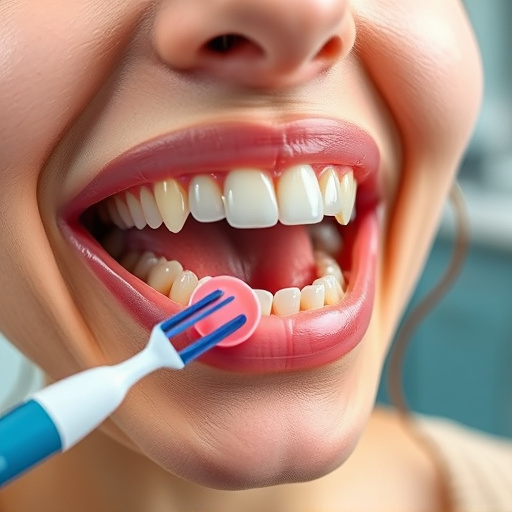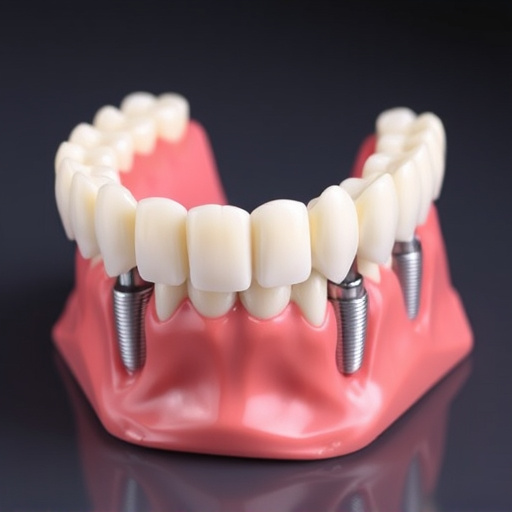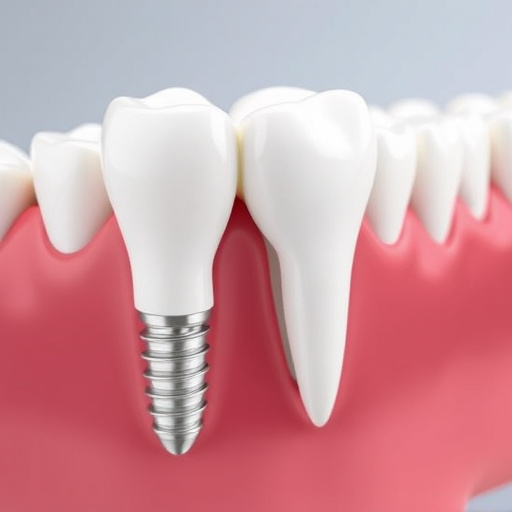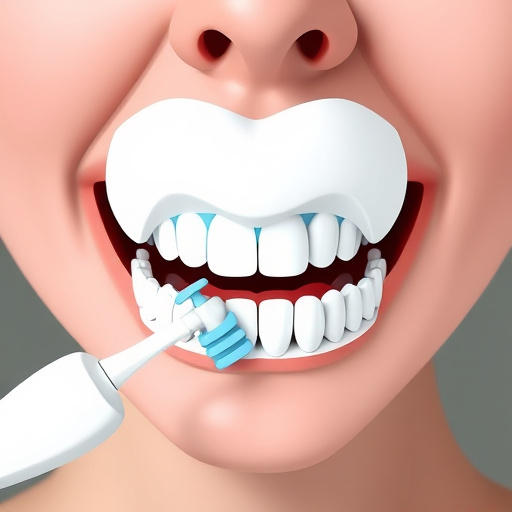Special needs dentistry provides oral healthcare for individuals with disabilities, addressing unique challenges like sensory sensitivities and communication difficulties that make traditional procedures uncomfortable. Dentists employ tailored approaches, including in-office sedation services, to ensure accessible and effective care for patients with compromised immune systems or limited manual dexterity. These services enhance comfort, enable comprehensive long-term oral health care, and transform dental care for individuals with special needs.
Special needs dentistry is a specialized field focusing on providing dental care tailored to patients with unique challenges. As these individuals often face barriers to accessing routine care, in-office sedation services emerge as a game-changer. This article delves into the significance of this approach, exploring its benefits for both patients and dentists. By understanding the specific needs of this patient base, we uncover how in-office sedation enhances accessibility and comfort, ensuring better oral health outcomes.
- Understanding Special Needs Dentistry and Its Unique Challenges
- The Benefits of In-Office Sedation Services for Patients with Special Requirements
- How In-Office Sedation Enhances Dental Care Accessibility and Comfort
Understanding Special Needs Dentistry and Its Unique Challenges

Special needs dentistry is a specialized field that focuses on providing oral health care for individuals with various disabilities, such as autism, Down syndrome, cerebral palsy, and other conditions that can complicate dental treatment. These patients often face unique challenges in the dental chair, including sensory sensitivities, communication difficulties, and behavioral issues. As a result, traditional dental procedures may not be suitable or comfortable for them.
Understanding these challenges is crucial to ensuring accessible and effective dental care. Special needs dentistry involves tailored approaches, such as in-office sedation services, which can help manage anxiety and make treatments less daunting. By addressing the specific requirements of this patient population, including those with special health considerations like compromised immune systems or limited manual dexterity, dentists in this field play a vital role in promoting oral health and overall well-being for individuals who might otherwise avoid or struggle with traditional dental care.
The Benefits of In-Office Sedation Services for Patients with Special Requirements

For patients with special needs, navigating dental care can be a significant challenge. In-office sedation services offered by special needs dentistry practices provide a game-changer solution, making routine oral exams and other procedures much more manageable. This approach not only ensures better patient comfort but also allows for a deeper level of care, addressing not just immediate dental concerns but also setting the foundation for long-term oral health.
One of the many advantages of in-office sedation is its versatility. Whether it’s managing anxiety during dental implants or enhancing relaxation for cosmetic dentistry procedures, these services cater to diverse needs. By offering a calmer and more controlled environment, special needs dentistry with in-office sedation enables dentists to perform a wide range of treatments effectively, fostering trust and ensuring patient satisfaction.
How In-Office Sedation Enhances Dental Care Accessibility and Comfort

In-office sedation services play a pivotal role in enhancing accessibility and comfort for individuals from special needs dentistry. Many patients, due to various conditions like autism or anxiety disorders, find traditional dental visits challenging or even distressing. Sedation dentistry offers a solution by providing medications that help patients relax and feel at ease during procedures. This not only makes the experience less intimidating but also allows dentists to offer more comprehensive care without causing discomfort or stress.
By incorporating sedation techniques, special needs dentistry practices can provide a wide range of services, from clear aligner treatments for orthodontic issues to essential dental fillings and tooth repair work. The use of in-office sedation ensures these procedures are performed with less pain and anxiety, promoting better oral health outcomes. This approach fosters trust and cooperation, enabling dentists to deliver quality care tailored to each patient’s unique needs.
Special needs dentistry is transforming dental care accessibility by offering in-office sedation services. By addressing the unique challenges faced by patients with special requirements, these services enhance comfort and ensure necessary treatments can be provided effectively. In-office sedation enables dentists to cater to a broader range of patients, improving overall oral health outcomes for those who may have otherwise avoided dental care due to anxiety or discomfort.














